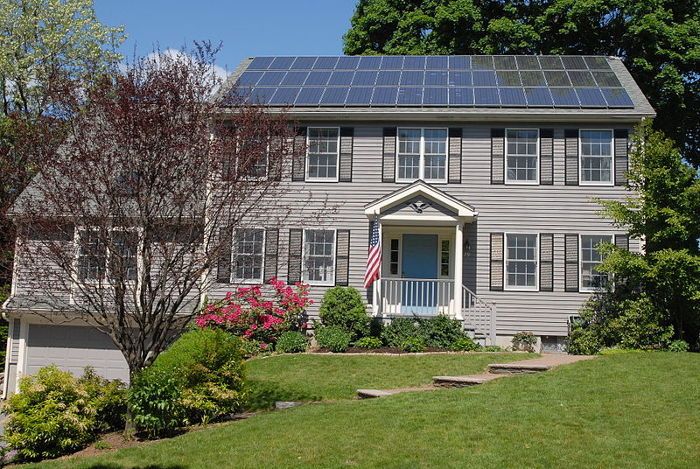
Contractors jumping on the sustainable-building bandwagon have a few more things to worry about than those who stick with a more conventional approach.
Writing in Sustainable Construction, Ted Devine says the added business risks of green building are varied and easy to overlook.
Among them:
- Higher initial costs for goods and services, which make it tough to stay on budget.
- Inexperienced subcontractors. The sustainable-building industry isn’t very old, so qualilfied subcontractors can be hard to find.
- Limited choices in materials. Suppliers of building products that meet green standards are fewer, and that also means scheduling disruptions are more likely. Also, some materials don’t have a long track record, making it harder for builders to predict replacement costs.
- Higher risk of unhappy customers. A 2008 Maryland case shows what can happen when builders don’t follow protocol in green-building rating systems. Southern Builders was sued for $635,000 after a developer claimed the project didn’t meet LEED requirements, which cost the developer tax credits. The case was settled out of court.
- Limited insurance availability.
“The good news about risk management for sustainable-building contractors is that knowledge is half the battle,” Devine wrote. “Being aware of the risks that present themselves goes a long way toward ensuring that those in sustainable building aren’t taken off guard.”
He recommended more research and planning on subcontractors and suppliers, finding an insurance agent with experience in the field, making sure the builder understands the client’s goals, and careful legal review of all contracts.
The full story appeared in the Winter 2013 issue, with a shorter version published online.
Fine Homebuilding Recommended Products
Fine Homebuilding receives a commission for items purchased through links on this site, including Amazon Associates and other affiliate advertising programs.

Handy Heat Gun

8067 All-Weather Flashing Tape

Reliable Crimp Connectors
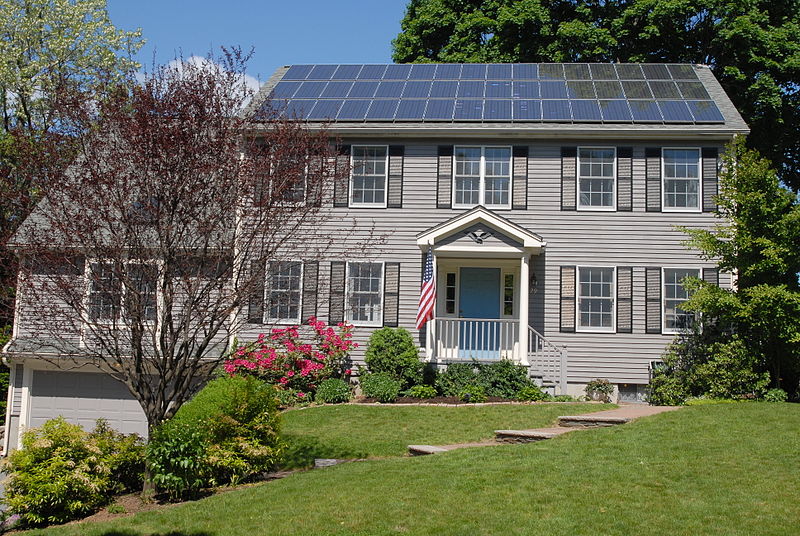

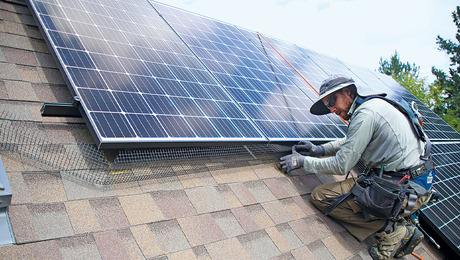


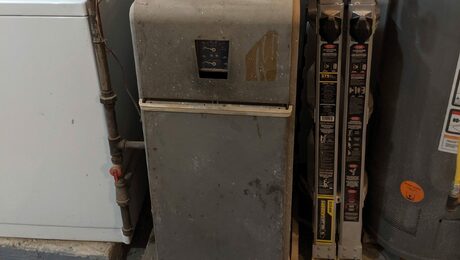


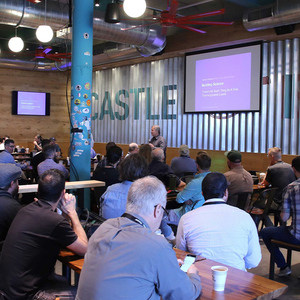
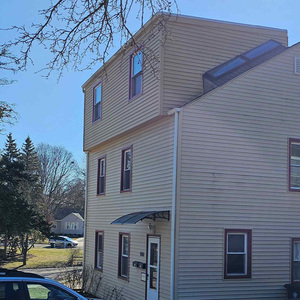
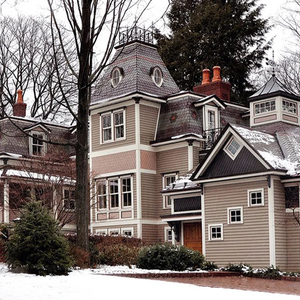

















View Comments
I guess the liability/insurance aspect of building is inescapable, and I appreciate Devine's close proximity to the issues, but I also wish that he wasn't an insurance salesman, at least in terms of the article's objectiveness.
CB